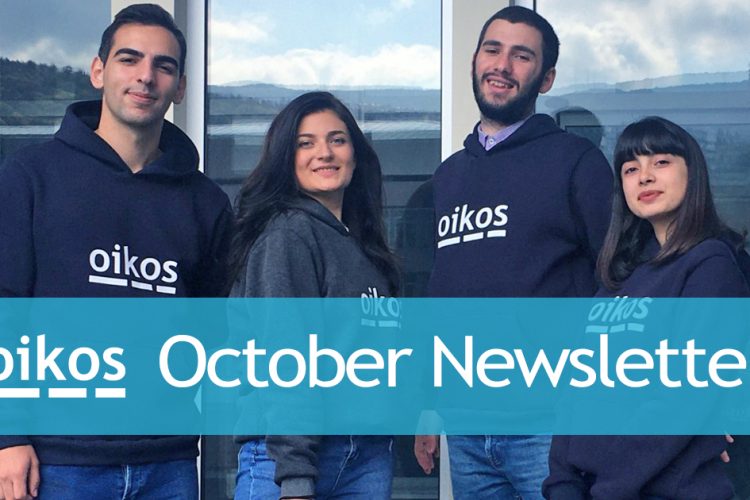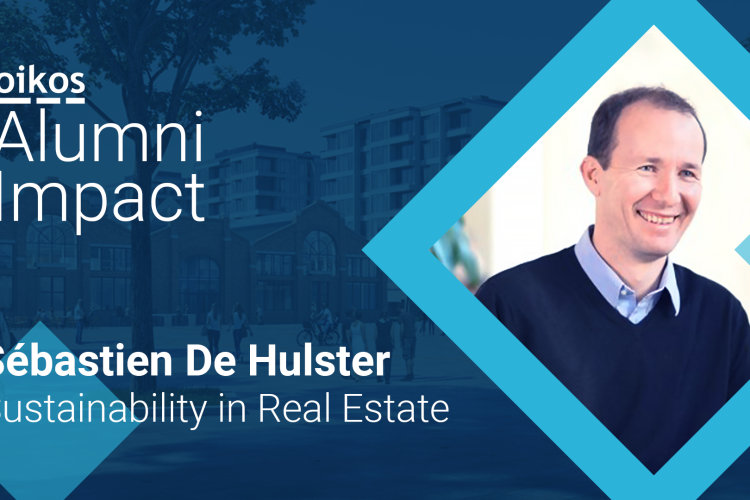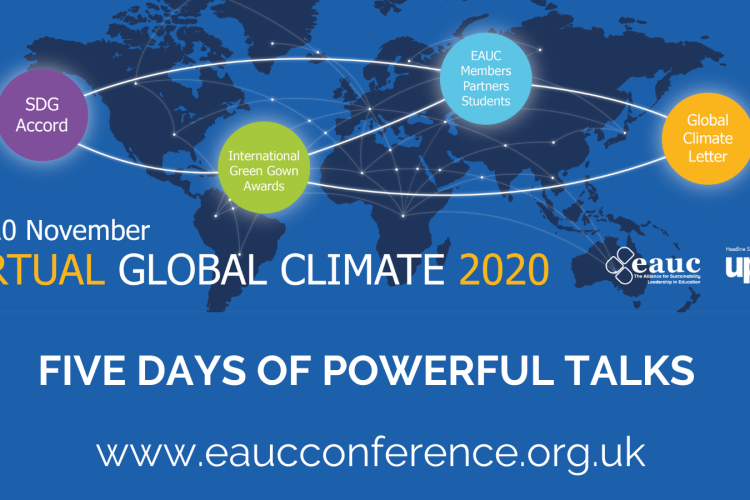Welcome to the October edition of our newsletter! This month as we’re preparing for NexGenLead – our biggest project for the year, we’re excited to share with you some...
Dear oikos Community, On behalf of the oikos International Board, we officially invite you to the next oikos Legislative Meeting on Sunday, November 29th, 2019 at 2:00 pm CET...
Welcome to the Alumni Impact. The new segment aims to strenghten the connection between the active and alumni oikos members through inspiring stories showcasing the work and impact of...
Wednesday, 21 October 20208:00 – 9:30 PST / 11:00 – 12:30 EST / 16.00 – 17:30 GMT / 17.00 – 18:30 CESTPlease RSVP here: https://forms.gle/3zj6BD7EVQbrSfJYA P4NE Background note Students...
What does sustainability mean? Why and how do we act and inspire towards sustainability as an organization? How do we make sure that the change we make is sustainable...
What does sustainability mean? Why and how do we act and inspire towards sustainability as an organization?How do we make sure that the change we make is sustainable? This...
16-20 November 2020VIRTUAL oikos International as a proud Signatory of the Global Climate Letter and recognised partner of the Race to Zero by UNFCCC Campaign would like to invite...






